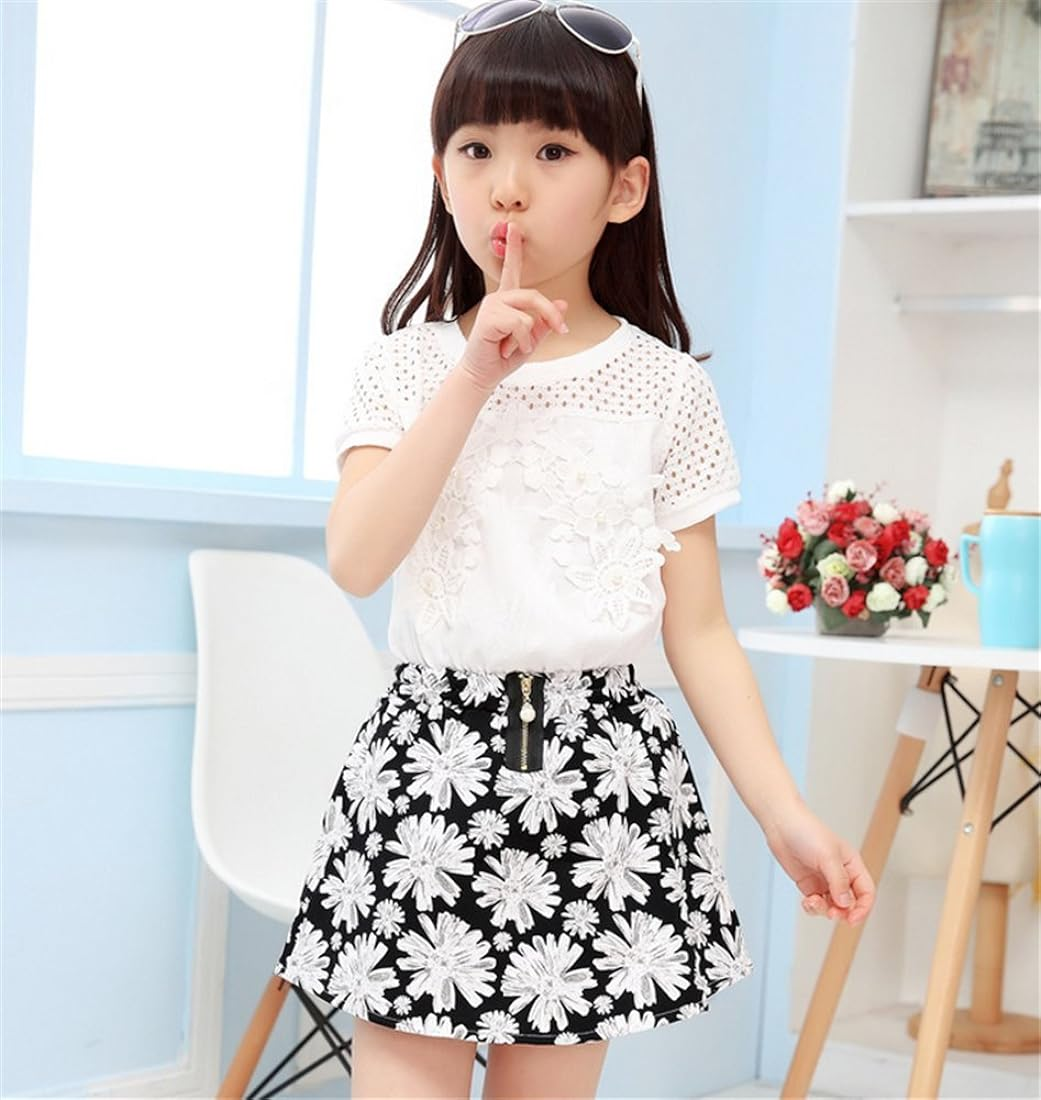A successful event relies heavily on hotel event planners. The more excellent the events they put on, the more likely it is that you may spread the word about the event services offered by your property. They bear a heavy burden for contributing to increased revenue, improved forecasting, and overall profitability as the primary drivers of meetings and events.
In this post, we’ll examine the key information that every hotel event planner needs to be aware of while organising meetings, seminars, and events. The better positioned they are for success, the more your hotel can capitalise on it to maintain profitability throughout the year despite changes in occupancy demand.
Things Need to be Taken Into Account While Organising Events for Hotels
There are some fixed expenditures associated with your property that cannot be avoided, regardless of how completely booked you are or how many rooms are vacant. To ensure that you are utilising your property to its greatest capacity, it is crucial to invest in events. What are the trade secrets for the hotel industry’s world of events, then?
#1 SIZE COUNTS
Size is crucial, just like profitability. It’s crucial for event planners to keep in mind how size affects the type of event and its budget. You should think big since the resources required to produce a conference, fair, meeting, etc., regardless of how small, medium, or large the event is. Place a higher priority on the events that will allow you to get the most value for your money.
Regardless of the event’s scale, organisers must be prepared to minimise costs and assess the effect on the company in order to determine whether or not the effort is worthwhile.
#2 CHOOSE THE BEST HOTEL FOR YOUR EVENT
There are many different types of hotels that can accommodate events. The key to selecting the best one is to take your event’s type into account:
- Product introductions, displays, and showrooms: These activities involve the technical or commercial introduction of a good or service. The target audience for this kind of event could be the company’s staff, its customers, or the media. You ought to consider picking your hotel based on its amenities, services, and goods.
- Corporate meetings and seminars: By this, we mean meetings within a particular company. They are one of the easiest types of event to organise, The choice of whether to go with one hotel or another will depend, to a large extent, on the number of people attending the meeting.
- Conventions: Conventions are business gatherings that are attended by staff from the same organisation. When choosing a hotel to host your convention, you should definitely choose one that offers a variety of indoor and outdoor area types that may be utilised for various activities.
- Conferences: Conferences are daytime activities that typically span two to five days. They often bring together participants from a certain industry and are held periodically to provide updates on the subject at hand. If you’re organising a conference, you should consider booking a hotel with large rooms, outdoor space, and common areas. For conference events, you can check out this Parramatta hotel.
- Activities for promoting teamwork and incentives: Events for incentives and team building are designed to strengthen bonds, increase motivation, and foster cooperation. The emphasis of these events is typically on having fun, so the hotel you choose should be as hospitable as possible with inviting common areas and areas where staff members may unwind.
#3 REMEMBER THAT THERE’S MORE TO IT THAN JUST ENTERTAINMENT
Yes, events should be enjoyable, and attendees should leave energised and eager to tell others about their experiences, but it’s crucial for organisers to keep in mind that the main goal of this service is to be profitable. In order to be profitable, the objective should be to upsell and take full use of any available selling possibilities, much like hotel banqueting.
#4 PERKS AND AFTER-HOURS ACTIVITIES
It’s not just about the conference or meeting for those who attend them; they also want to be able to sightsee, unwind at a spa, enjoy good eating, and stay in touch with their loved ones. This means that in addition to the conference itself, you should think about planning supplementary activities or even downtime for people to do whatever they wish.
These concurrent events could include live music, discounts at the hotel or city spa, dinner reservations at well-known local eateries, sightseeing tours, and a plethora of other options. The conference or meetings will be supplemented by after-hours activities so that participants may unwind and have fun without worrying about work.
#5 GIVE MULTI-DAY ACTIVITIES TOP PRIORITY
Understanding that a lot of work goes into planning, developing, and structuring a concept that is in line with the client’s desires is important when prioritising multi-day events. Once this idea has been formed, it takes a lot less personnel and money to recreate the event over a few days than it does to start from scratch each time. Even though multi-day events may be more difficult to plan, you may charge more for them and are likely to sell more room nights as a result.
#6 VALUE THE IMPORTANCE OF TECHNOLOGY
You should use technology to assist you during the entire procedure. In order to reduce line-ups at the front desk during the pre-event period, attendees should be able to check in online and at check-in kiosks. You can employ a variety of technologies throughout the event to make operations easier and the event operate more smoothly.
The most crucial thing to remember is to embrace technology because it can truly help you stand out from the competition and support personnel in operations so that everything goes as smoothly as possible.
#7 TOTAL EXPERIENCE IS CRUCIAL
Above all else, it’s critical that the experience you design be memorable. It should be fluid, dynamic, engaging, and immersive all at once. This implies that everything should work together flawlessly to create a special event, with live music, top-notch catering, engaging speakers, and attention to every last detail. The likelihood that people will repeat the experience increases with how memorable the event is.
Having people who are well-trained and prepared to provide the information and support needed to help make the experience top-notch is a crucial component of being memorable. To ensure that all information is noticed, pre-event meetings and debriefs are crucial. This will enable workers to focus on offering the finest possible service, which will boost customer satisfaction.
#8 ALWAYS DO A POST-EVENT FOLLOW UP
Your key to ending the sales cycle is to interact with participants, conference leaders, decision-makers, and guests. Create justifications to keep people interested, whether it is through a newsletter, emails, or social media. When it comes time to plan another memorable party, your property will be more readily remembered the more involved they are.
Satisfaction surveys are another sort of post-event follow-up. Discover your best qualities and areas for improvement. Reputation management is crucial for this since it keeps you at the top of organisers’ minds and is critical to performing.
If you liked this article and you find it helpful, let us know what you think below!











